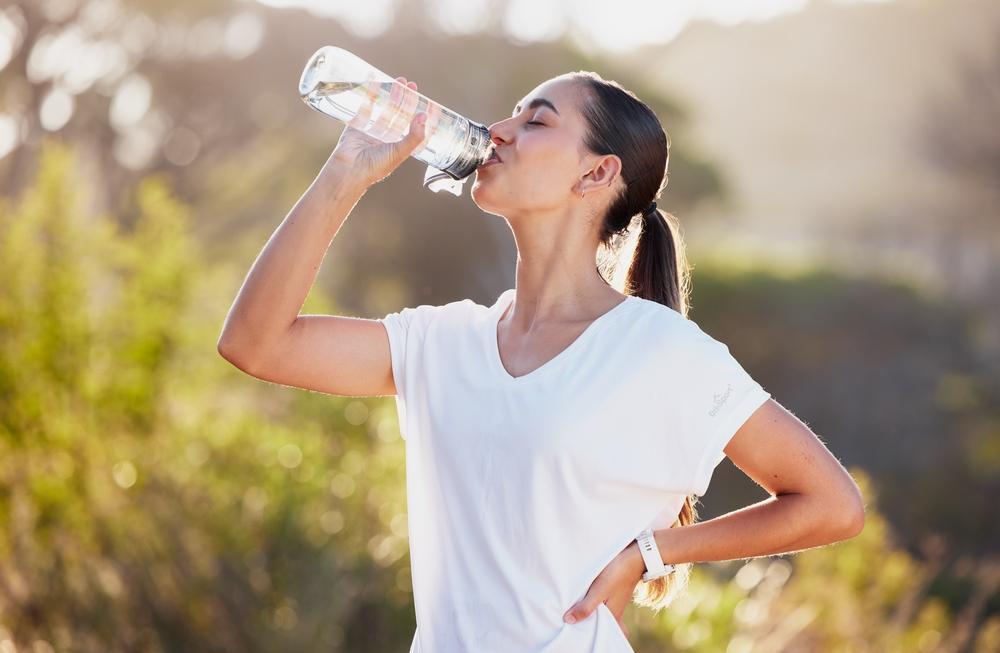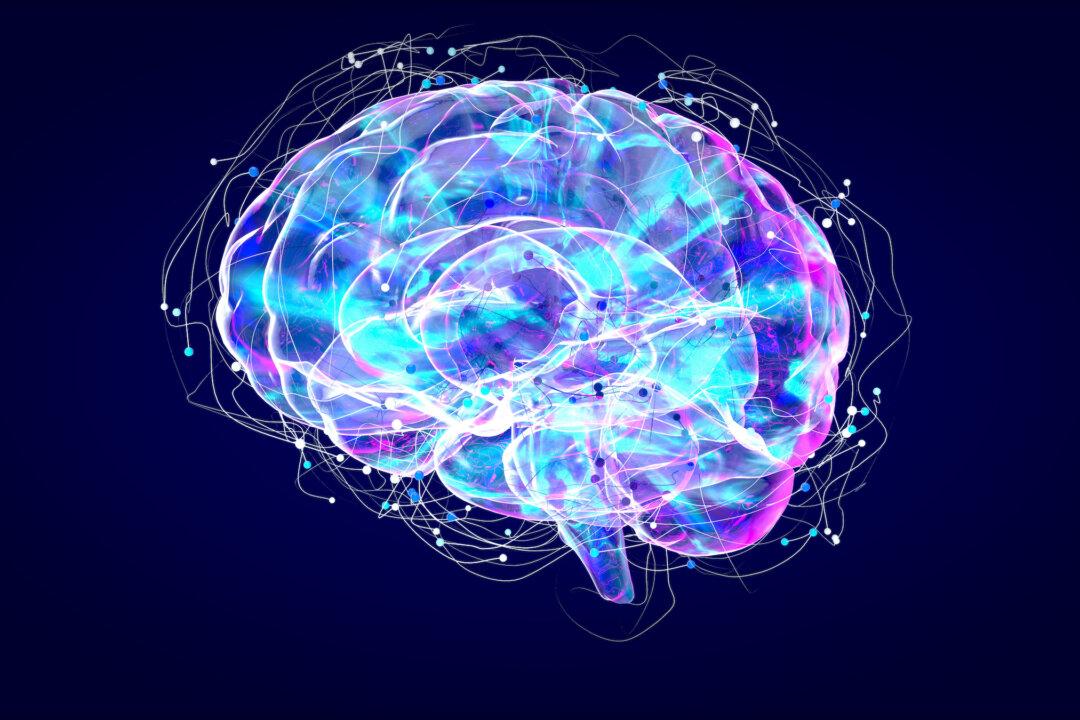The age-old advice about drinking eight 8-ounce glasses of water daily just doesn’t hold water for everyone, although it can be a reasonable starting point. According to the US National Academies of Sciences, Engineering, and Medicine, men need about 15.5 cups of fluid daily while women need 11.5 cups.
But what if the man weighs 150 pounds and a woman weighs the same? In that case, their fluid needs should be about the same. Therefore, body weight can be a more helpful determining factor for the amount of water needed.





